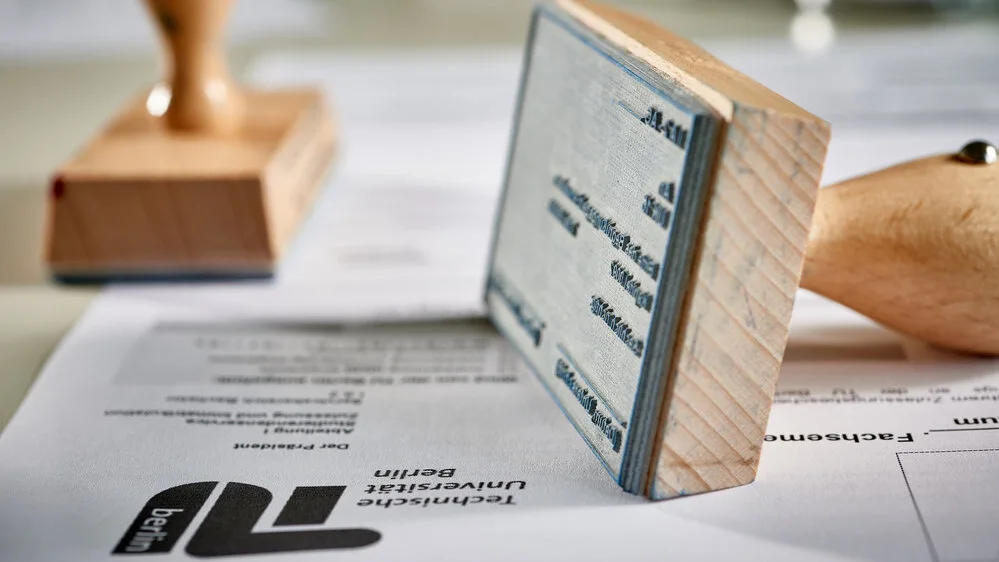Learning about tax regulations is always worthwhile, especially for the self-employed. The taxes payable and how they can be deducted also depend on the form of self-employment, as the self-employed and entrepreneurs are sometimes subject to different tax regulations.
In this text, we clarify the most important tax issues
What exactly can traders and self-employed people deduct from their taxes? Are freelancers subject to different rules? We give you an overview of what taxes to pay and how self-employed people can save the most skillfully possible with our self-employed tax tips. Also do visit the taxfyle.com/blog/independent-contractor-taxes for the same now.
Overview of forms of self-employed workers
Self-employed or self-employed?
The question of the form of self-employment arises above all when setting up a business. It also plays a role in the profitability of self-employment, as it depends on the taxes you pay and how you can save as a self-employed person. The following section explains how the different independent activities are delimited from each other.
Self-employed
These two concepts are frequently used and this is also the reason why they are confused. The status of auto-entrepreneur has also been reclassified as a micro-entrepreneur, and aims to simplify the procedures for small independent activities. This auto-entrepreneur status allows in particular to exercise an activity in addition to a main activity.
But what are the criteria to be fulfilled to become a self-employed person?
It is first of all a question of turnover. Indeed, the latter (the amount excluding tax collected during the year) must not exceed the thresholds defined by the tax regime of the micro-enterprise. If your turnover exceeds these thresholds, you will be subject to the sole proprietorship tax regime.
In the event that the micro-entrepreneur exercises several different activities, a declaration of each of them is not necessary. We look at the overall result of the so-called “mixed” activity (addition of the turnover of the different activities).
Specificities of the self-employed person
As a self-employed person, you do not need to register your company in the trade and companies register (RCS). Social charges follow a specific tax regime (payable by monthly or quarterly withholding tax). Collections are not subject to value added tax. It also means that you cannot deduct the latter from your disbursements. The company is exempt from business tax for the first two years after creation, if you have opted for a discharge payment. A self-employed person can protect his personal assets with a declaration of exemption from seizure with the notary, and interrupt his activity without going through tedious administrative procedures and procedures.





